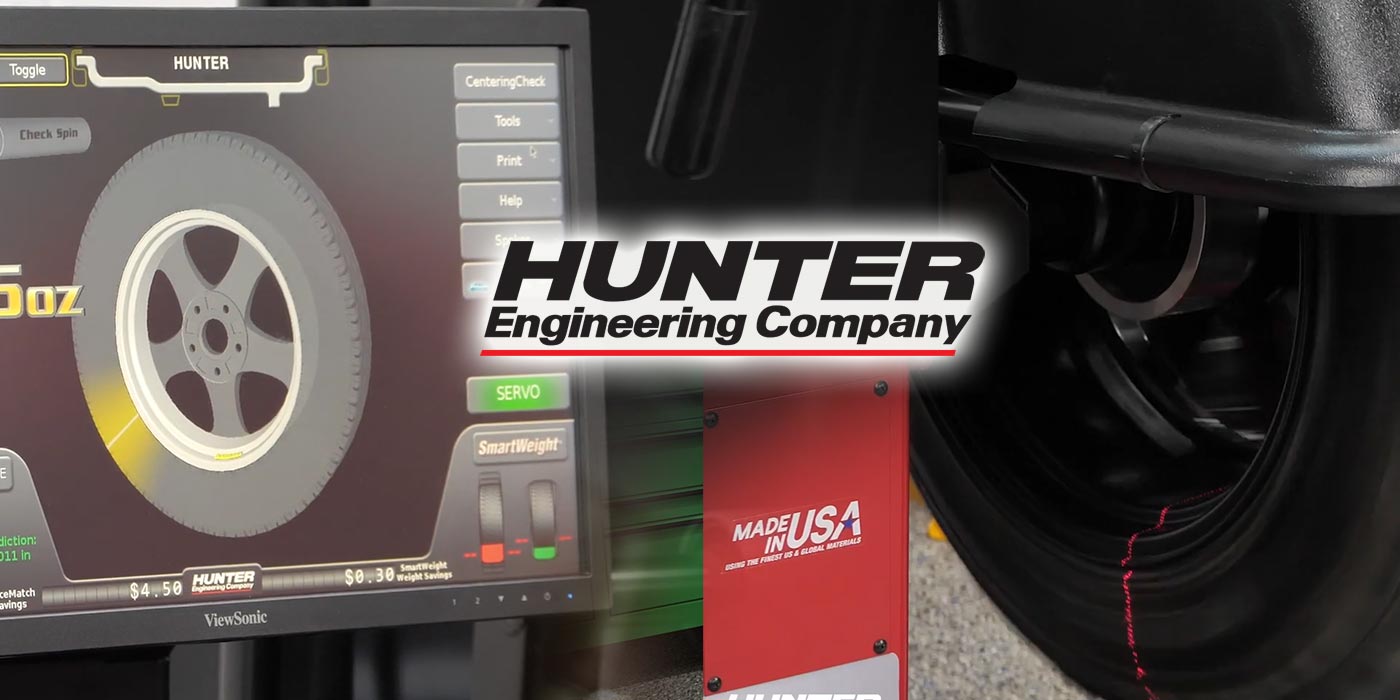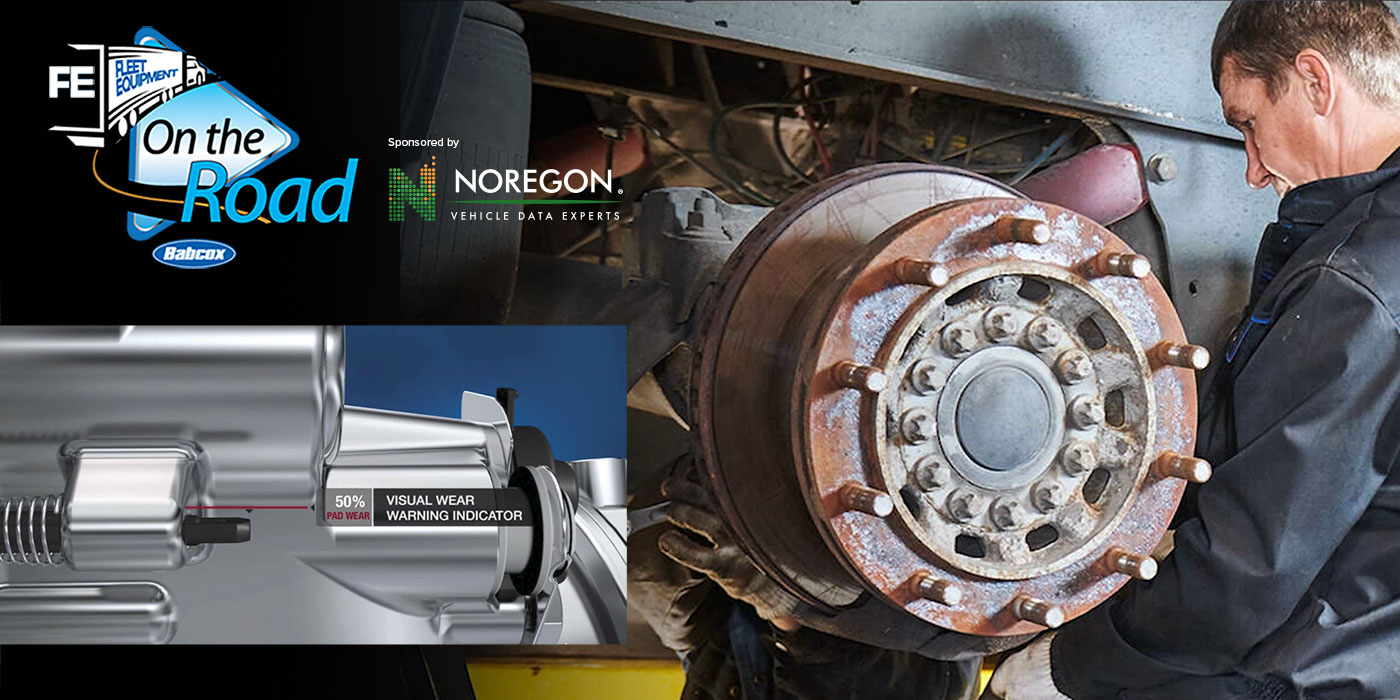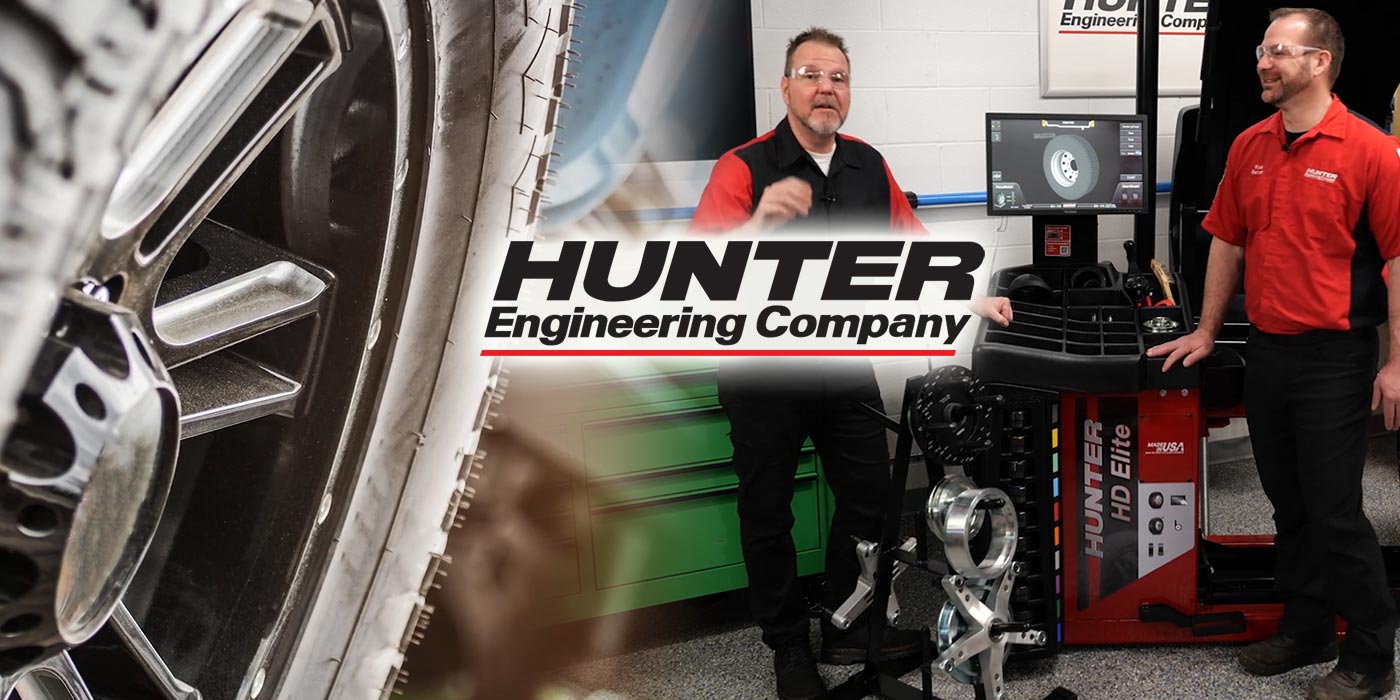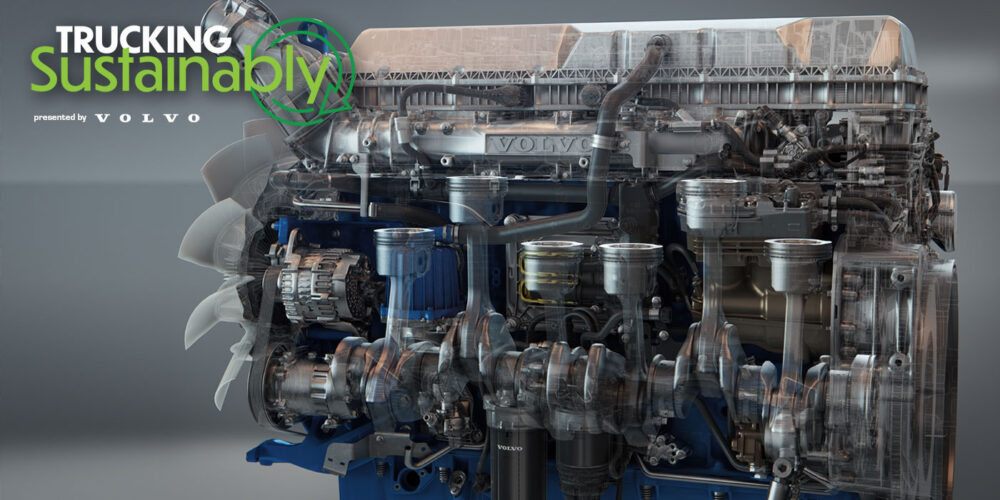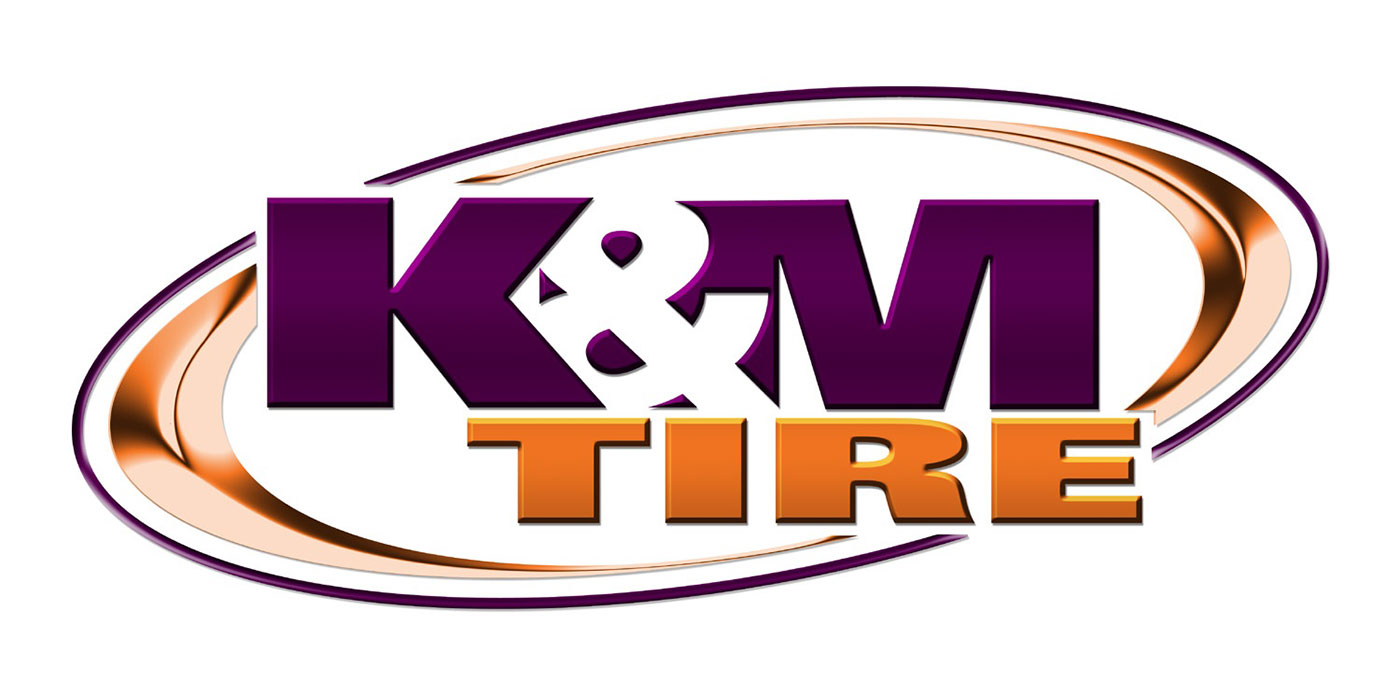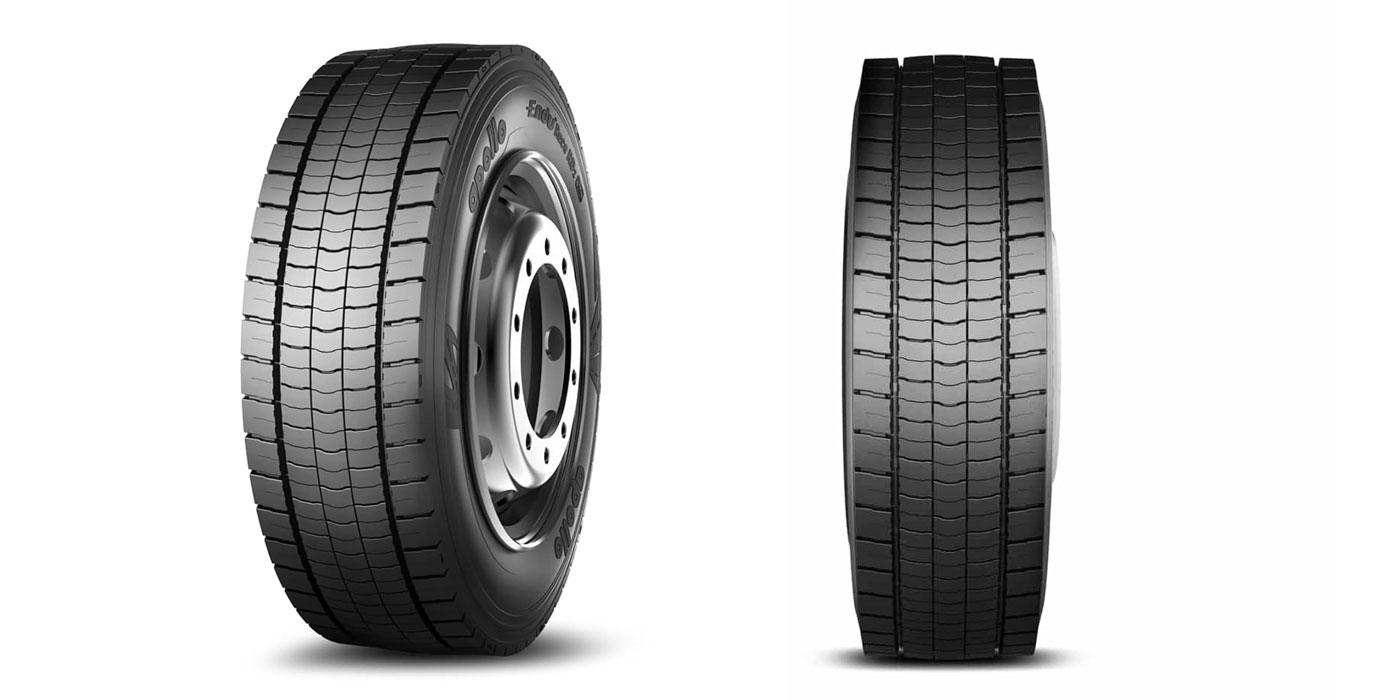All trucks are not created equal – and neither are truck tires. The wrong tire used for the wrong application can easily set you way back, damaging both your productivity and your ROI.
Trucks in regional-haul applications, for example, need to be spec’d with the right tires to handle the job. In these tires, durability should take precedence over pure fuel efficiency due to the rigors of the application.
Click here to watch more of FE’s On the Road video series.
Here is a transcript of the video:
Here’s no secret: All trucks are not created equal – and the same can be said for each of the truck’s components. Tires are a perfect example of this. The wrong tire used for the wrong application can easily set you way back, damaging both your productivity and your ROI.
Trucks in regional haul applications, for example, need to be spec’d with the right tires to handle the job. In these tires, durability should take precedence over pure fuel efficiency due to the rigors of the application.
To give the tire a longer life in regional applications, tire manufacturers add extra sidewall reinforcement to the end-product, which helps the tire resist damage from curbing on city streets. Manufacturers also use a high scrub tread compound and add tread depth because of the abrasion these tires are bound to experience.
Manufacturers also tend to use denser rubber compounds in the tread area of these tires, and even denser rubber compounds are needed in the upper sidewall areas, where tires are most likely to scuff against the curb. In many cases, regional application tires are also manufactured with a more pliant casing designed to withstand shocks caused by littered streets, potholes or railroad tracks.
Fleets running trucks in regional applications need to be prepared to combat the challenges of shoulder scrub, start-and-stop aggression, lateral scrub and heel/toe wear. So, fleets should focus first on high scrub resistance and durability. From there, traction will likely be your next concern.
If you are running trucks in an area where snow and ice are the norm, look for tires with larger void spaces and added siping. In more moderate climates, trucks will want to put rubber on the ground, which means less likelihood of tread damage or rib tearing.
Trucking operations that run regional routes should consider fuel-efficient tires – after all, better fuel-efficiency is one of the most common goals for most fleets. However, in local pick-up and delivery applications, there should generally be more emphasis on tread wear and overall durability. If the tire does not stand up to the rigors of city use, the fuel savings will not make up for the loss of tires due to durability inefficiencies.

